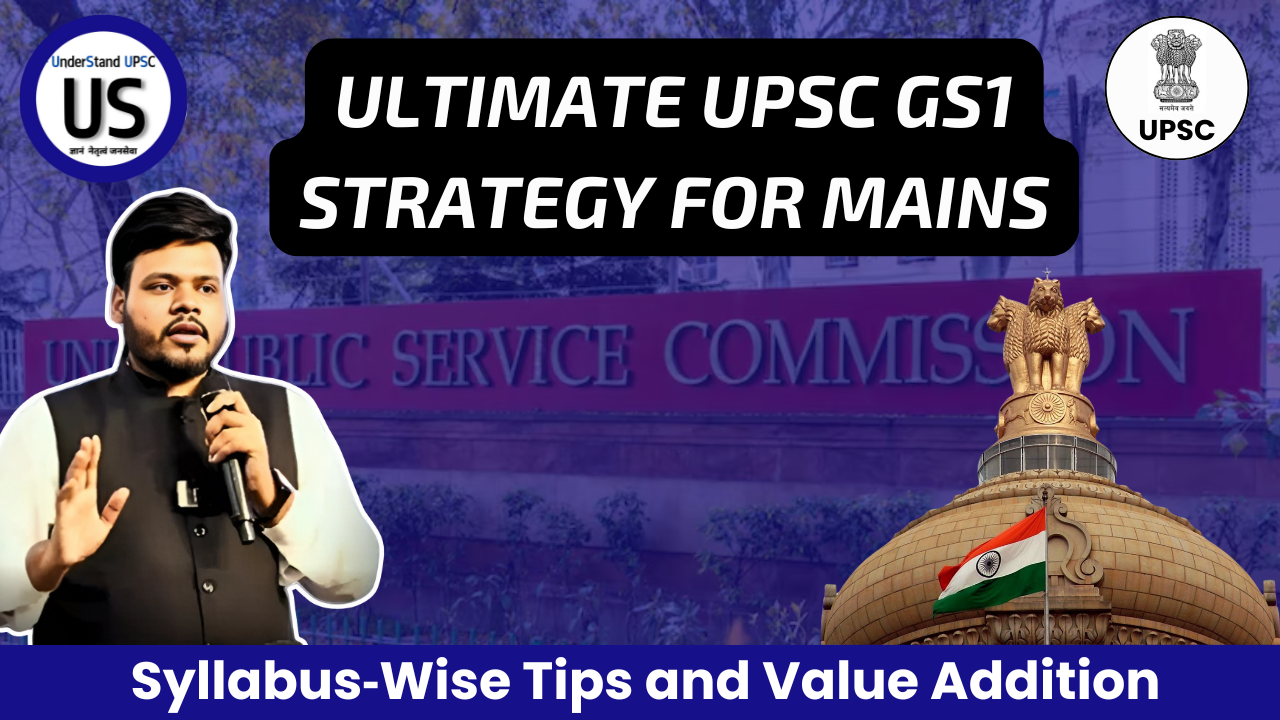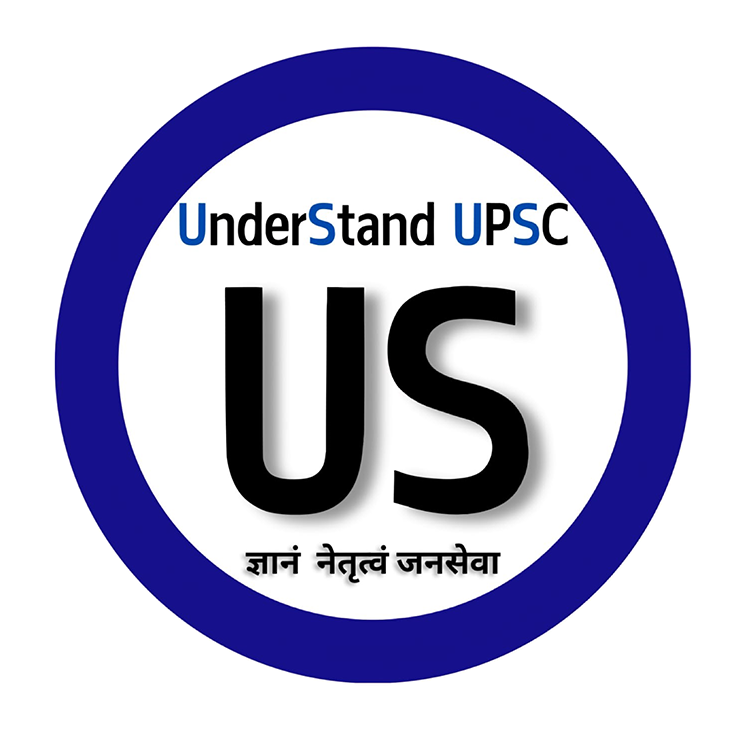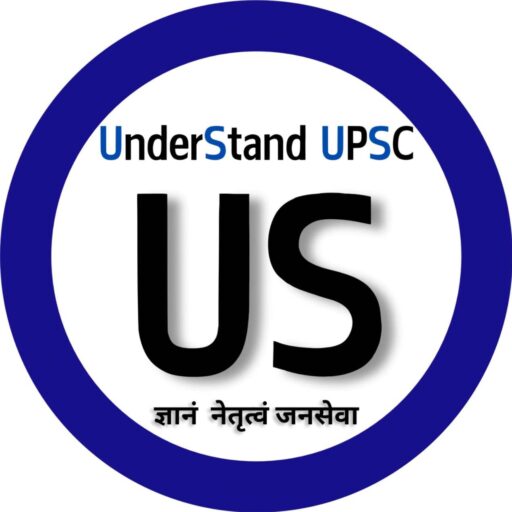
UPSC GS1 Strategy is the foundation for scoring high in General Studies Paper 1 (Mains). From ancient history to world geography and social dynamics, a smart, topic‑wise approach can turn this sprawling syllabus into a strength.
Preparation for the UPSC Mains General Studies Paper 1 (GS1) can be daunting as it has a huge and varied syllabus. Ranging from ancient history to world geography and from social problems to post-independence consolidation, GS1 requires knowledge of facts as well as analytical acumen. But with an appropriate strategy, intelligent revision, and practice, it can turn out to be one of your scoring papers.
In this blog, we dissect the best GS1 strategy, section-wise preparation suggestions, and answer-writing tips to provide you with a decisive advantage in UPSC Mains 2025.

What GS Paper 1 Covers?
Understand what you’re up against before you get into strategy. GS Paper 1 consists of:
- Indian Heritage & Culture
- Modern Indian History & Post-Independence Consolidation
- World History
- Indian Society
- Geography (Physical, Human, Indian & World)
This question tests your knowledge of India’s cultural heritage, historical development, societal transformation, and geographical knowledge.
INDIAN HERITAGE AND CULTURE
- Adhere to the fundamentals: NCERTs (Class 11 Fine Arts), Nitin Singhania, CCRT website.
- Connect culture with contemporary issues: e.g., additions to UNESCO world heritage sites, temple architecture in the news.
- Structure by themes: Art (Painting, Dance, Sculpture), Architecture, Literature.
- UnderStand UPSC Blue book on Art and Culture is the best source available, providing a one stop solution with holistic coverage.
MODERN INDIAN HISTORY & POST-INDEPENDENCE
- Follow Spectrum by Rajiv Ahir + selected chapters from India After Gandhi.
- Understand themes, not just chronology. Example: Peasant movements, moderate-extremist debates, constitutional development.
- For Post-Independence: Club events under sub-headings such as Nation-building, Linguistic reorganisation, Economic planning, etc.
- UnderStand UPSC Blue book on Modern History and Blue book on Post Independence is the best source available, providing a one stop solution with holistic coverage
WORLD HISTORY
- Use UnderStand UPSC Blue Book on World History to cover the syllabus.
- Highlight key recurring themes: French Revolution, Industrial Revolution, World Wars, Cold War.
- It is important to limit your sources in this section as it is very vast and never ending. The questions have been in the range 0-1, with a maximum of 2 questions in 2024 Mains.
INDIAN SOCIETY
- NCERTs (Class 11 & 12 Sociology) + ARC II (chapter on Social Justice) + recent examples.
- Get a sense of the structure-dynamics-issues of Indian society: caste, religion, regionalism, urbanization.
- Critical thinking and observation are very important in this paper, as society is a dynamic concept and cannot be entirely read from books.
GEOGRAPHY
- NCERTs (6-12), G.C. Leong for physical geography, UnderStand UPSC Blue Books.
- Map practice is not an option. Incorporate map-based diagrams in answers.
- In this section, conceptual understanding is of very high importance.
How to do Value Addition for UPSC Mains GS 1?
- Use CCRT website for Art and Culture
- Use Ministry of Social Justice annual reports for Society section
- OR
- Use UnderStand UPSC Blue Books
UnderStand UPSC’s Blue Books on Art and Culture, Modern History, Post Independence, World History,
Society and Geography are One Stop Solution for the content part of your GS 1 mains. These books are
crisp and comprehensive at the same time, thematically arranged according to PYQ themes, and
provides a holistic coverage to GS 1 Syllabus with all value addition in forms of Examples, handmade
diagrams, facts and quotes.
PRACTICAL TIPS TO STRENGTHEN YOUR GS1 PREPARATION
- Refer to Topper Copies: Observe how toppers format their answers, particularly how they begin and end, and how they structure their points according to demand of the question.
- Create Your Own Notes: Handwritten micro-notes assist in last-mile revision and recall.
- Practice Previous Year Questions (PYQs): Practice at least the previous 10 years’ questions to comprehend UPSC trends.
- Practice Map and Art and Culture diagrams routinely: Make Indian and world maps part of answers in history and geography sections. Adequately practice important diagrams in art and culture section like Mauryan Pillar, Stupa, Nagara and Dravida temples, etc.
GS1, while enormous, is greatly rewarding with the right mindset. It pushes your conceptual clarity and your capacity to connect different subjects.
Be consistent, provide value, and don’t forget – a neat presentation can get you half the victory.
Begin now, and let GS1 be the paper that enhances your overall Mains score.




